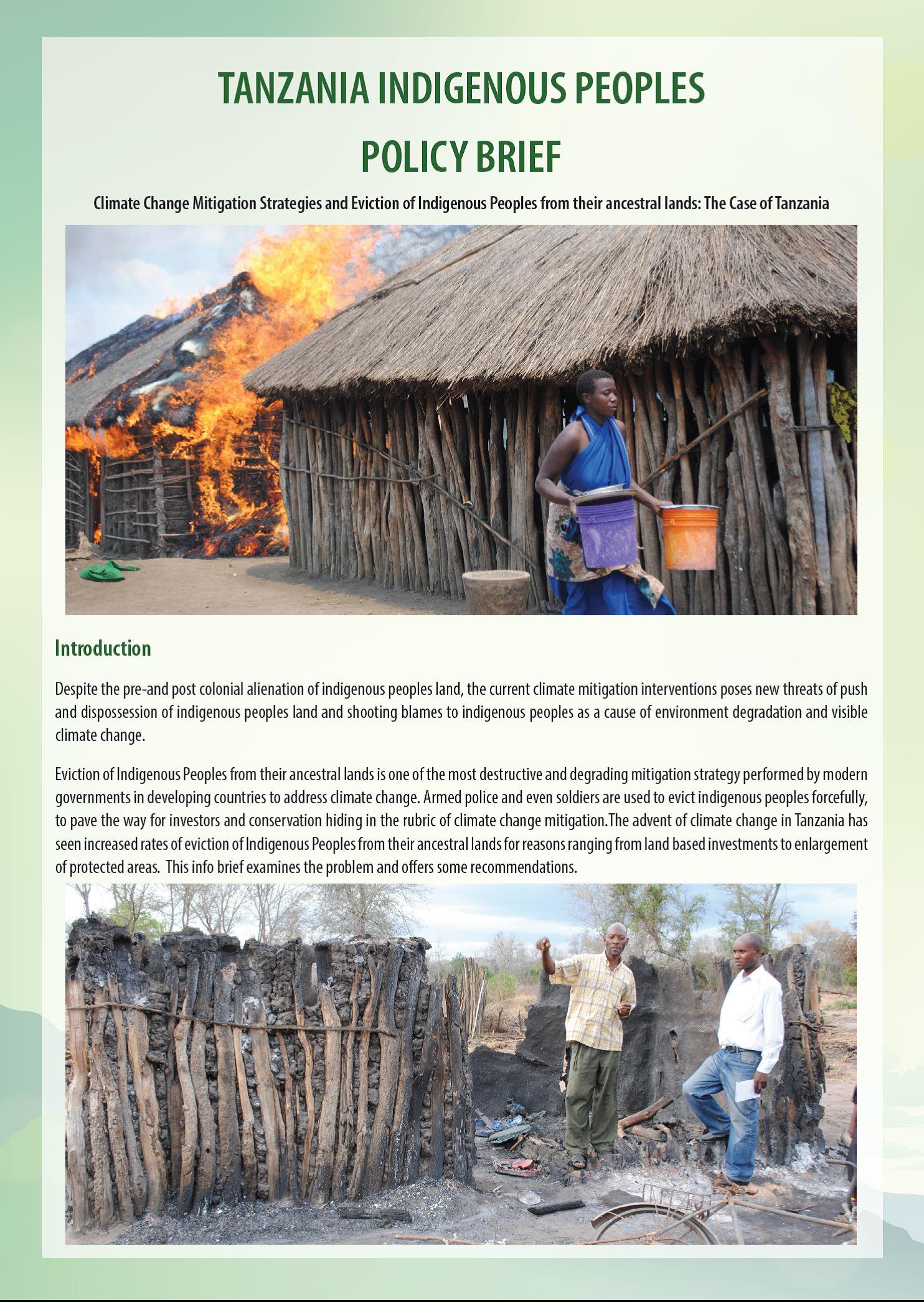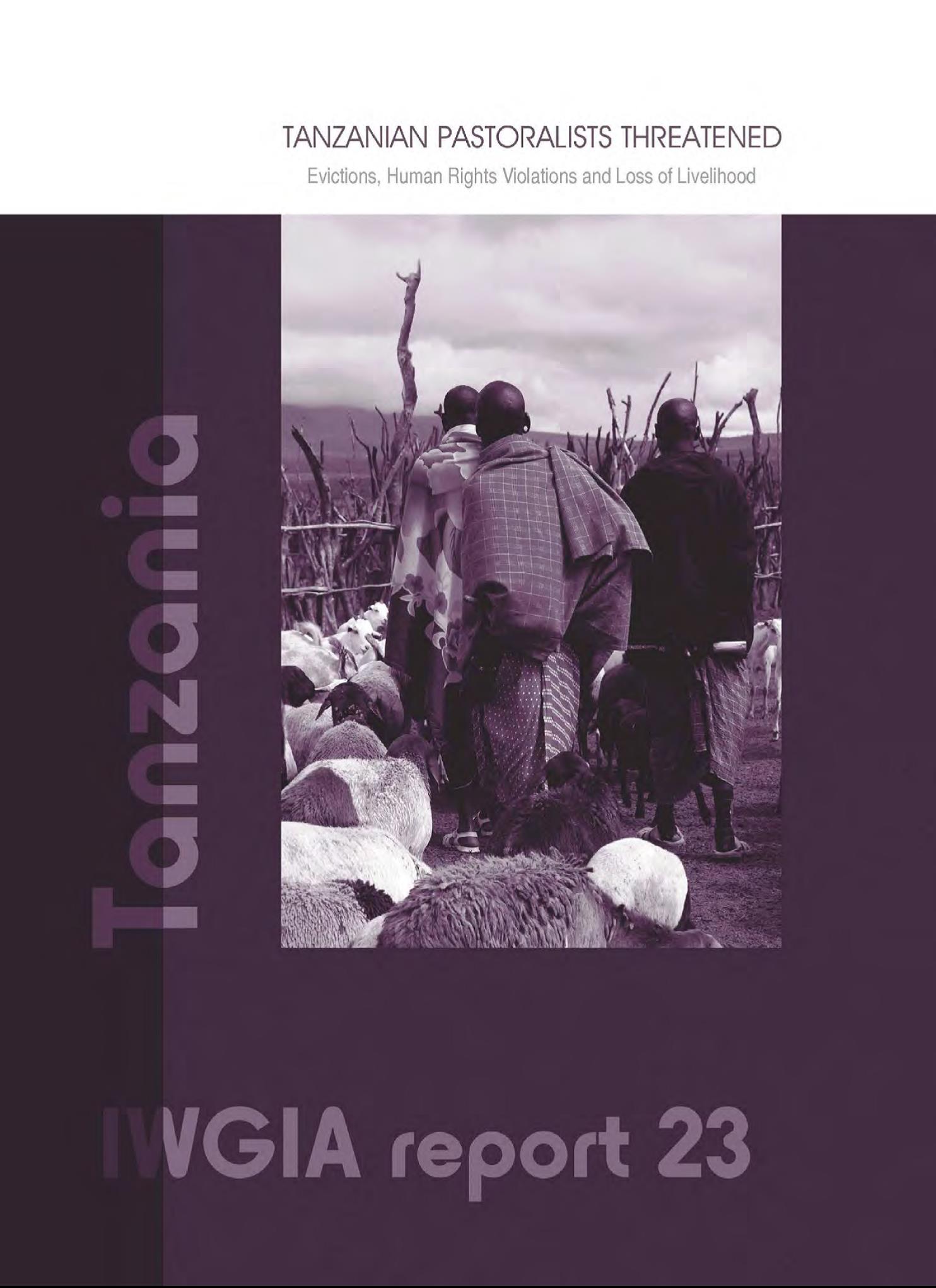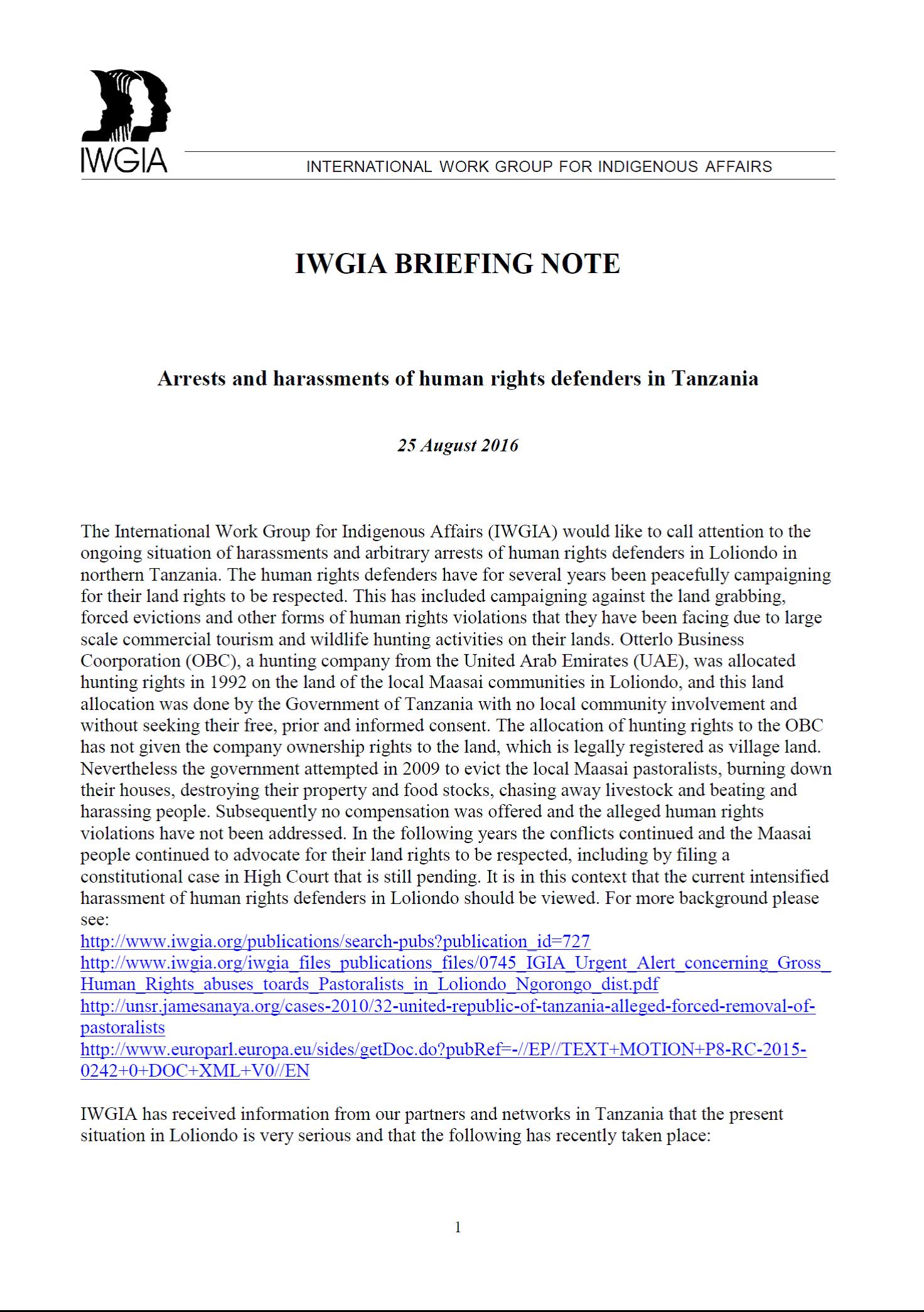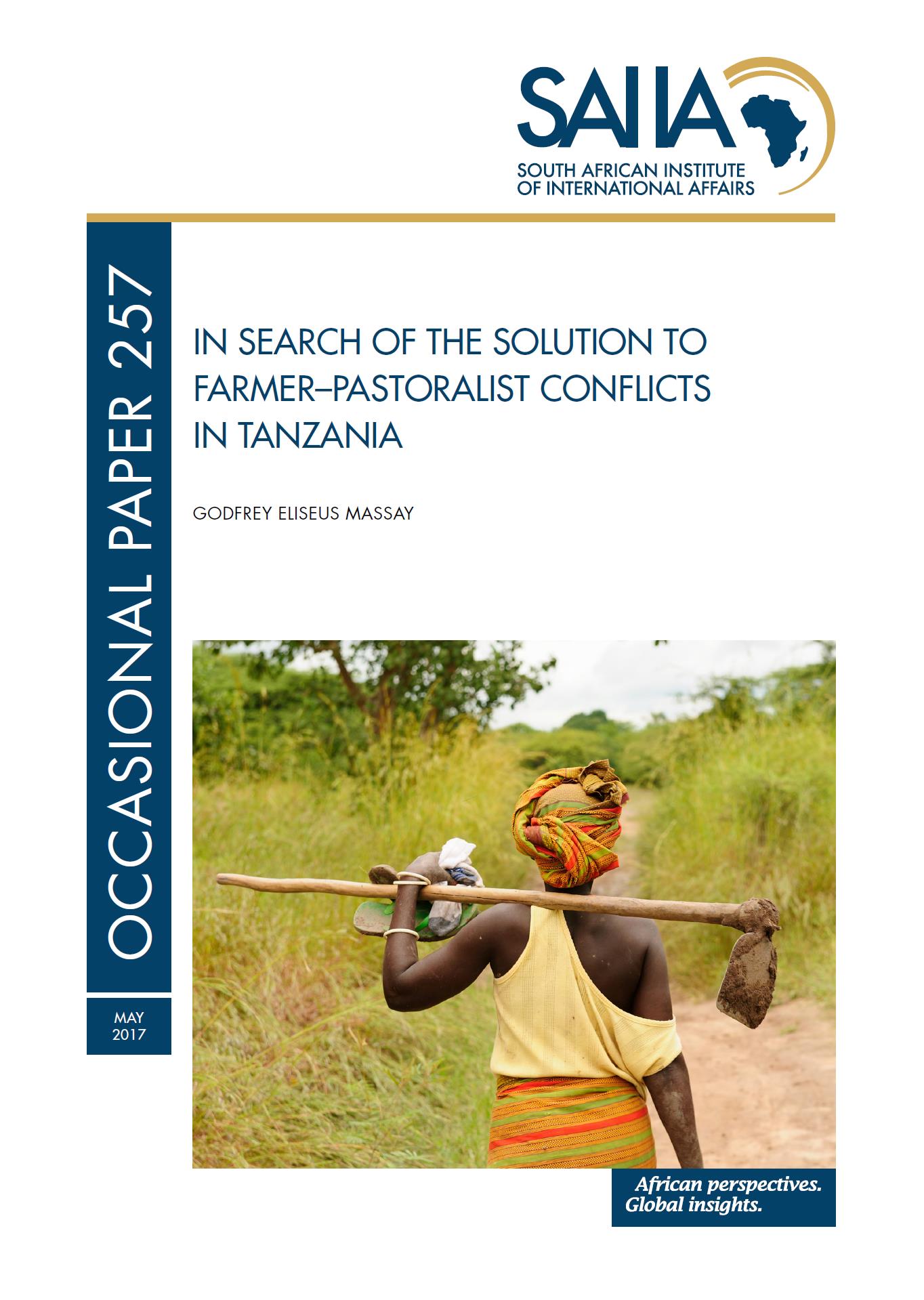Forestry and food security
The current issue of Unasylva takes a long look at the relationship of forestry with food security, and asks the question, ''How can forestry development programmes and activities become as relevant as possible in ensuring economic and physical access to food by all people at all times?" In the lead article, M. Hoskins sets out the actual and potential contributions of forestry to food security, and suggests practical strategies for the incorporation of food security components in forestry development activities.








